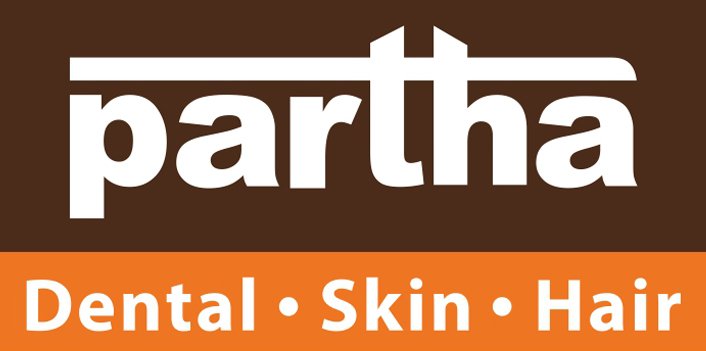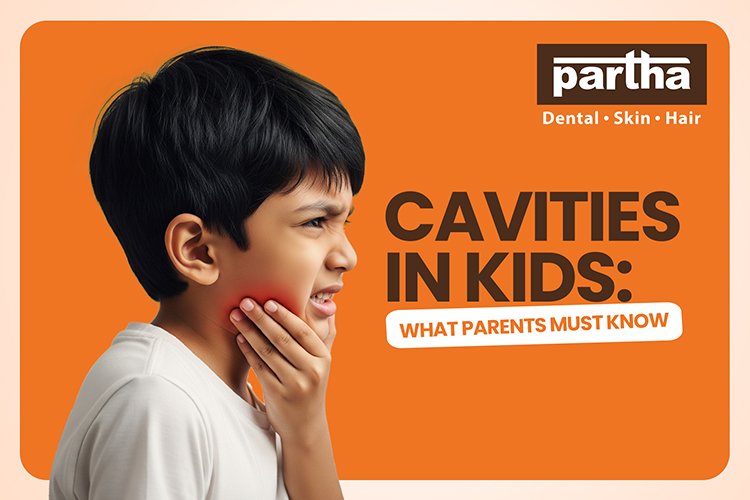Table of Contents
We believe every parent needs to know how to protect their child’s smile. Tooth decay is a chronic disease of childhood – and yet it is a very preventable disease. Think cavities only affect adults? Think again!
Cavities in children can develop as early as toddlerhood and if they are not treated or if they go undetected can lead to pain, infection, speech delay and can lead to long-term dental issues into adulthood. This is an in-depth guide to childhood cavities– and having the knowledge that you need to know about childhood cavities, the signs, treatment, and ways to prevent them.
Cavities in Children
1. What are cavities in kids?
Cavities, or more commonly referred to as dental caries, are pits in the teeth that are created by bacteria, which produce acid. Bacteria in children are primarily nourished on sugars, inadequate oral hygiene, and insufficient fluoride. Acid attacks by bacteria weaken enamel, making teeth soft and susceptible to decay.
Cavities in teeth kids are particularly prevalent in primary (baby) teeth, which are thinner enamel and thus more prone to destruction and deteriorate sooner.
Why Childhood Cavities Are a Serious Problem
Once more, some parents believe that baby teeth are insignificant since they will fall out anyway. Nevertheless, cavities in teeth can impact a child’s health, speech, and general ability to chew. More so, if a cavity is not treated, there is a possibility of infection that can infect permanent teeth.
We see many toddlers here at Partha Dental for severe cases of tooth decay! The reasons are extended bottle feeding, diet high in sugars, and poor dental hygiene. All things that can be foreseen!
2. Factors That Are Common Causatives of Cavities in Kids
1. Inadequate Oral Care
Children will not brush and floss nearly enough, so plaque will build up in the mouth that produces acid and will dissolve enameled covering of teeth.
2. Excessive Consumption of Sugars
When kids snack on candy frequently, on juices or soft drinks, they are providing the decay bacteria with ongoing nourishment.
3. Frequent Bedtime Bottle Use
Frequent bedtime use of a bottle is a primary reason children develop cavities because children will drink milk from a bottle or juice during sleep (only 30 minutes of exposure)!
4. Lack of dental care.
Regular trips to the dentist will come in handy when the tooth starts decaying. If not visited then the early signs in children of a dental cavity will become a much more serious issue!
3. How to Recognize Cavity Symptoms in Kids
Knowing when a child feels the symptoms of cavity may prevent a painful experience later on. Some of the most easily known symptoms of cavity are:
Cavity Symptoms in Kids
• White or brown spots on tooth surfaces.
• Soreness or sensitivity.
• Avoiding hot or cold foods.
• Bad odor in the mouth after tooth brushing.
• Swelling of the mouth or jaw.
Sometimes your child will not mention pain, particularly when they are very young and unable to communicate it. This is just one reason why coming in for regular visits at Partha Dental is so essential so we can identify an issue when it is just starting.
Book your FREE consultationWhat to Expect for Cavity Treatment in Kids
There is no cause for alarm when your child develops a cavity. There are now safe, effective, and comfort-based procedures available today.
1. Fluoride Treatment
In its earliest phase, fluoride varnish can potentially remineralize the tooth and prevent the decay process.
2. Dental Fillings
The most frequent type of treatment for cavities in kids is to excise the decayed portion of the tooth and fill it with tooth colored material.
3. Pulp Therapy
If the decay is severe and has extended to the nerve, then a baby root canal (referred to as pulpotomy) might be required.
4. Dental Crowns
In certain cases when the baby tooth is grossly decayed we might have to cover the remaining tooth structure with a crown, in which case a stainless-steel crown is re used.
At Partha Dental, for a filling or for a crown we ensure that all aspects of the procedure is gentle and as stress free as can be, employing child-friendly techniques and sedation as and when required.
4. How to Avoid Cavities in Children
It is much better to prevent cavities than to repair them. To assist with keeping your child’s smile free of cavities, take a look at these professional tips:
1. Brush Twice a Day or More
Apply a pea-sized amount of toothpaste containing fluoride for children ages 3 and up and a smear of toothpaste for children under age 3. Parents need to supervise the child’s brushing until he is age 7 or older.
2. Limit Sugar Consumption
Encourage fruits & vegetables instead of packaged sugary foods.
3. Rinsing After Meals
Even plain water rinsing will minimize leftover food and sugar residue after meals.
4. Dental Checkups
Visit Partha Dental every 6 months for checkup and cleaning.
5. Dental Sealants
You may also want to include sealants for molars, which is a protective layer on the chewing surface of molars that prevents food from becoming trapped in the grooves of molars and decay.
Partha Dental’s Pediatric Dentistry Policy
At Partha Dental, we are not merely a dental clinic, we are long term companions in your child’s oral well-being. Our pediatric experts are dedicated to making dental treatment an enjoyable experience, assessing the age-appropriate technique for every child’s growth by building a friendly and nurturing relationship to eliminate any fear regarding a visit to the dentist.
We provide:
• Dentistry customized for children
• Preventive packages
• Sedation dentistry for nervousies
• Parent counseling
Cavities in kids are not just toothaches, they are early warning signs of habits that may result in lifelong damage to your child’s oral health. The bright side? With timely treatment and great preventative measures, cavities can be prevented.
Call us now – 04041420000 to schedule your consultation appointment today at Partha Dental.
5. Frequently Asked Questions (FAQs)
Q1: How to know if my child has cavity?
Visible brown and/or white spots on teeth.
Q2: Will kids get cavities that do not have visible signs?
Yes, it’s best if you visit a dentist for a proper report.
Q4: Are cavities in teeth kids so bad if they’re going to come out anyway?
Untreated cavities can result in infection, loss of the tooth, and misalignment of the permanent teeth. Baby teeth have a function in development.
Q5: My child is afraid of the dentist but he has cavities.
Select a friendly, child friendly dental office, such as Partha Dental. Our pediatric dental staff has proven strategies that utilize kind communication, have a fun atmosphere, and clients can employ distraction techniques. All visits must be safe and anxiety free! Read more
Disclaimer:
The prices mentioned in this blog are indicative and may vary based on the severity of the condition, technology used, and materials suggested by the Dentist. They are accurate as of the date of publishing and subject to change as per clinic policy. Third-party or AI-generated estimates may not reflect actual clinic pricing. For accurate costs, please visit your nearest Partha Dental clinic.




